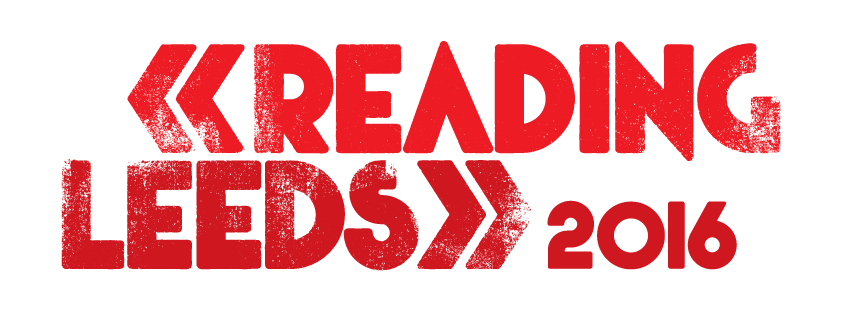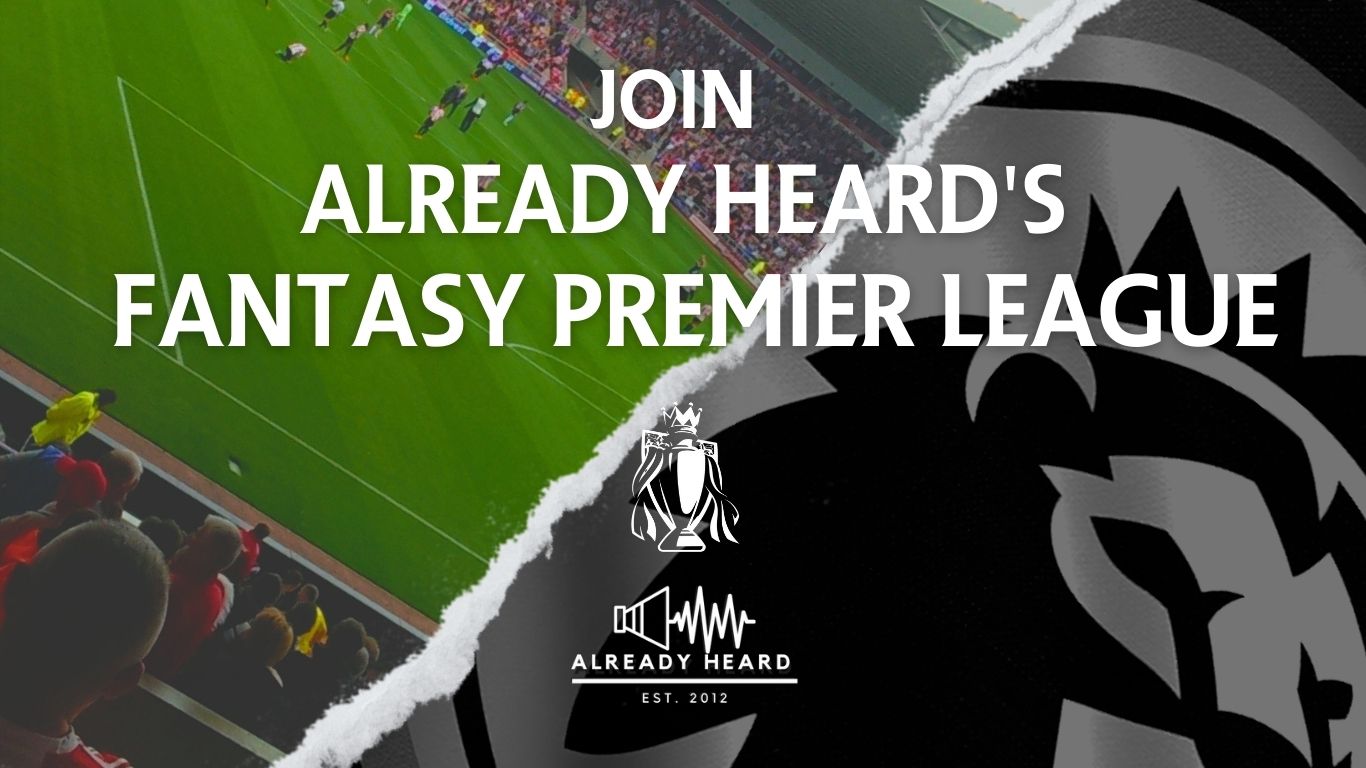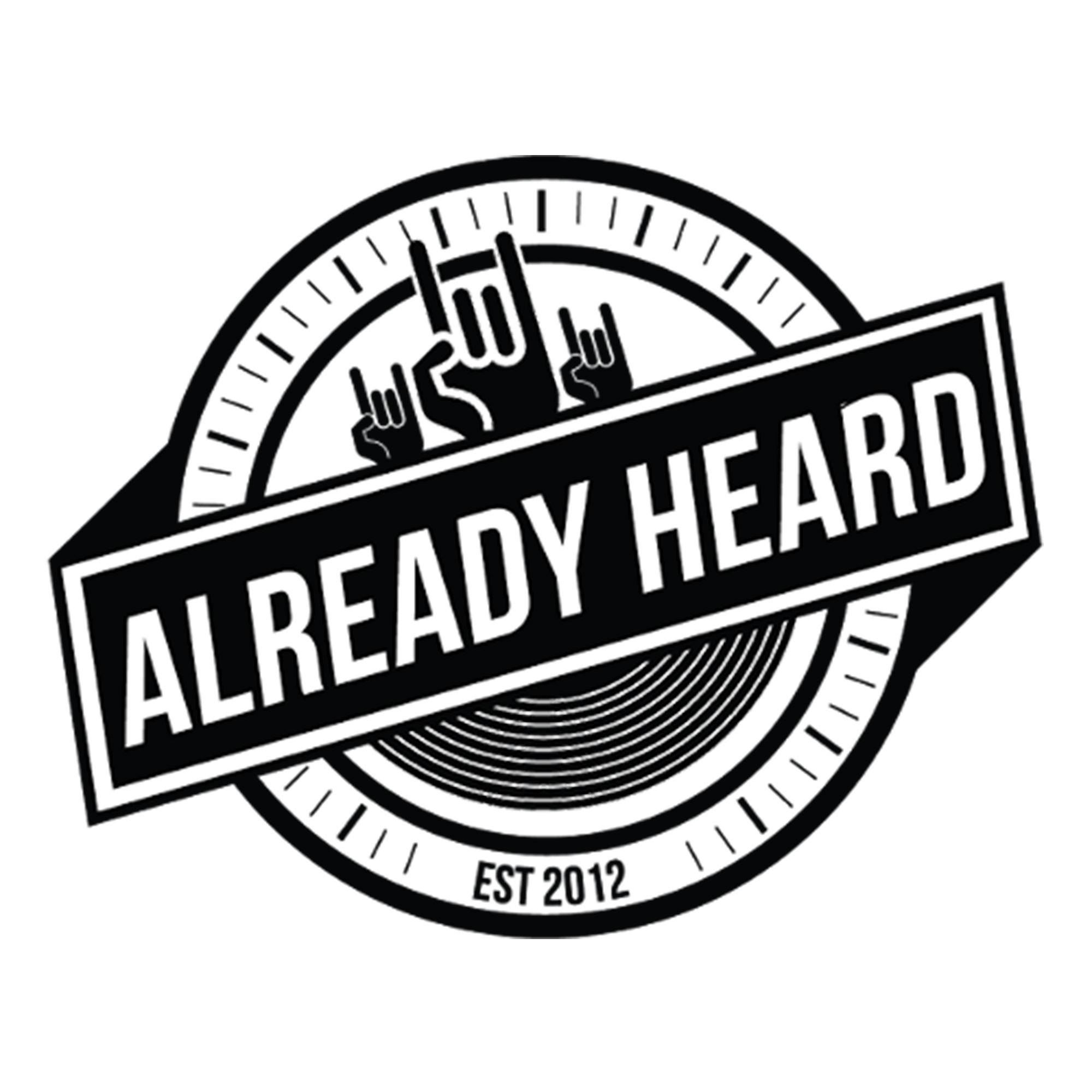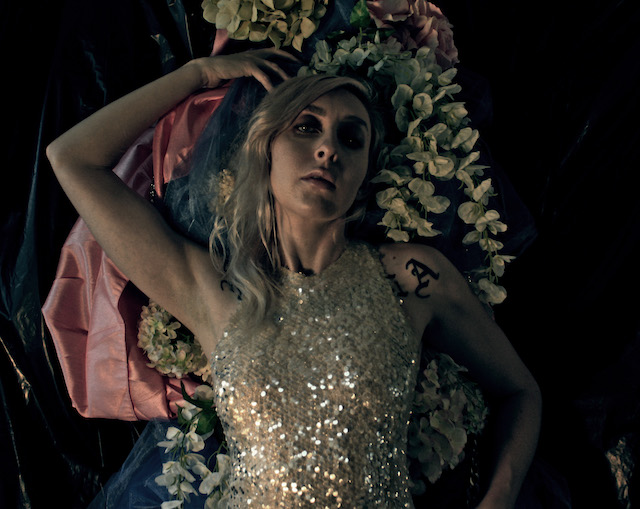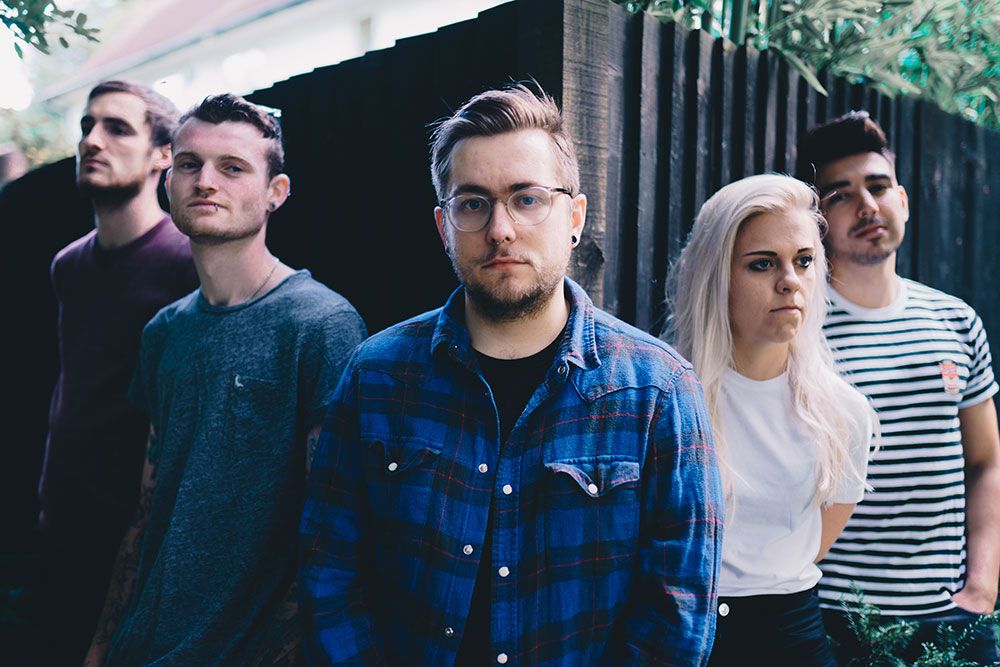Ahead of next weekend’s Reading and Leeds Festivals, Already Heard’s Edward Layland gives a detailed history lesson on the festival’s longstanding diversity.
When the line-up for this year’s Reading/Leeds musical gathering in a muddy field was announced eyebrows were raised, noses turned up and WTFs tweeted. There was a collective sigh of disappointment from the world of alternative rock when among the much anticipated headliners of everyone’s favourite bank holiday shindig were indie hipsters Foals and purveyors of radio friendly dance floor bangers Disclosure. But hang on a minute; maybe, just maybe you’re all missing the point. Let me explain….
The Reading Festival has its roots back in the fifties as a jazz festival, which after skipping around southern England for a few years, became known as the National Jazz Festival, obviously, eventually settling on Little John’s Farm, where it almost ironically began including rhythm and blues acts. With the growing stature of popular beat combos such as the Rolling Stones, the festival gradually changed to a mixture of blues and progressive rock, which by the late seventies had controversially become a heady mix of punk and heavy metal.
Since its earliest days the world’s oldest music festival has always moved with the times and reflected the moment; albeit not always by choice; the early eighties proving appropriately turbulent, with the Conservative local council actually banning the event for two years. It resurfaced once Labour had regained control, with Goth rockers The Mission among the headliners in a step away from the stale heavy rock line-ups that had dominated the early eighties.
A more radical approach was taken in 1988 with an essentially pop line up, which was a little maverick on the part of the promoters, as it was an epic disaster, leading to the Mean Fiddler group taking control and renovating the more alternative aspects of the August knees up. However, the uneasy mix of indie, rock and Goth saw crowds flocking to other festivals – Donnington’s Monsters of Rock attracting enormous numbers of metal heads in 88 and 90 – but with the appearance of grunge and subsequently Britpop, the festival soon established itself as a must on the UK music calendar during the 90s.
Nirvana’s headline gig in 1992, my first Reading (sorry couldn’t resist), is the stuff of legend – Cobain was infamously wheeled out like a mental patient before delivering what would be their final UK performance in visceral fashion. Subsequent years would go on to reflect the diversity of the music scene with rap act Public Enemy headlining Reading 16 years before Jay Z would controversially take the stage at Glastonbury. The 1990s also saw the likes of Björk, Beastie Boys, Prodigy and Metallica among the usual culprits of indie and grunge acts like Smashing Pumpkins, Primal Scream and Oasis, who famously played to an epic thunderstorm in the 2000 edition.
Nevertheless, as music has progressed the bill has generally been a reflection of this, nu metal acts were very evident on the bill around 2000, the likes of Limp Bizkit and Slipknot beginning to appear, while pop punk was also there in the form of Blink 182, among others. During the early 2000s, with the addition of the Leeds site to the weekend’s shenanigans the festival has grown in stature and popularity, retaining a well balanced mix of the mainstream and every alternative style in the book, from hip-hop through to thrash.
This year’s bill is not really any different, it continues to reflect the diverse tastes of the internet generation; the promoters are not selling out, they are recognising the variety of music people now listen to and taking a conscious step away from the nostalgia circuit that is oh so popular nowadays. The whole nostalgia scene has created a big problem in that new talent finds it difficult to gain enough space in the market to become a big enough draw to headline a stage as big as Reading or Leeds, hence the need for co-headliners and more diverse acts. This is precisely what festivals need to survive and by having big names from various genres it guarantees a big crowd, which also means that smaller bands on the more alternative stages get to convert some new fans as they play to larger hoards of bouncing teenagers than they might normally expect.
The inclusion of Red Hot Chili Peppers is the notable exception among this year’s big names as they head for their record breaking fourth headline appearance. It can hardly be considered a nostalgia move though, they have a mighty fine new record out and are still at the top of their game. So the 2016 version once again shows how the Reading/Leeds festival is innovative and current, and given that every damn ticket has been sold they must be doing something right.
Reading and Leeds Festival2016 takes place from Friday, August 26th to Sunday, August 28th 2016.
Reading and Leeds Festival links: Reading Festival|Leeds Festival|Facebook|Twitter|Instagram|YouTube
Tickets for Reading Festival are all sold out. Tickets for Leeds Festival are still available and can be purchased here.
View more of Already Heard’s coverage of Reading and Leeds 2016 here.
Words by Edward Layland (@EdwardLayland)


